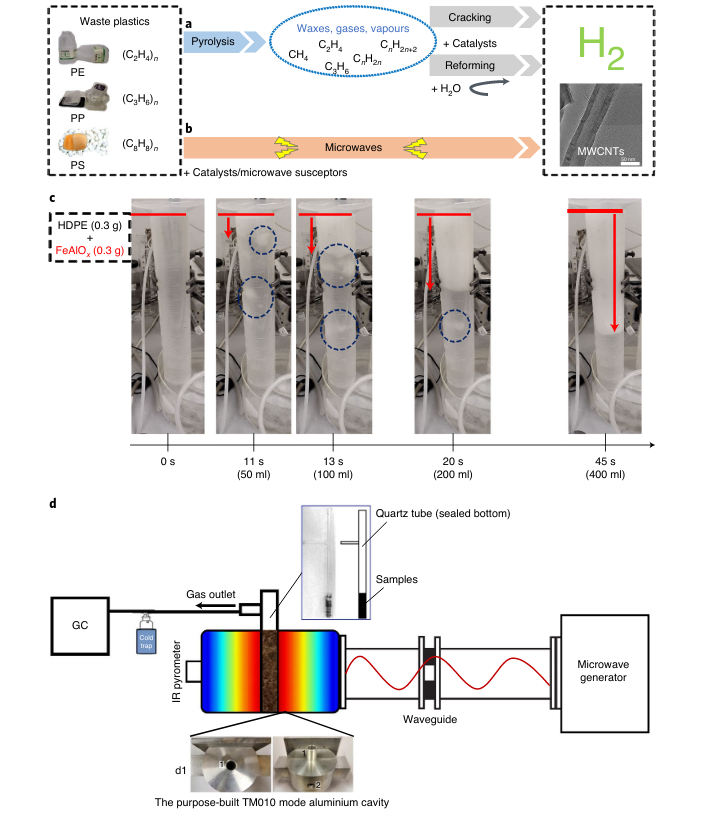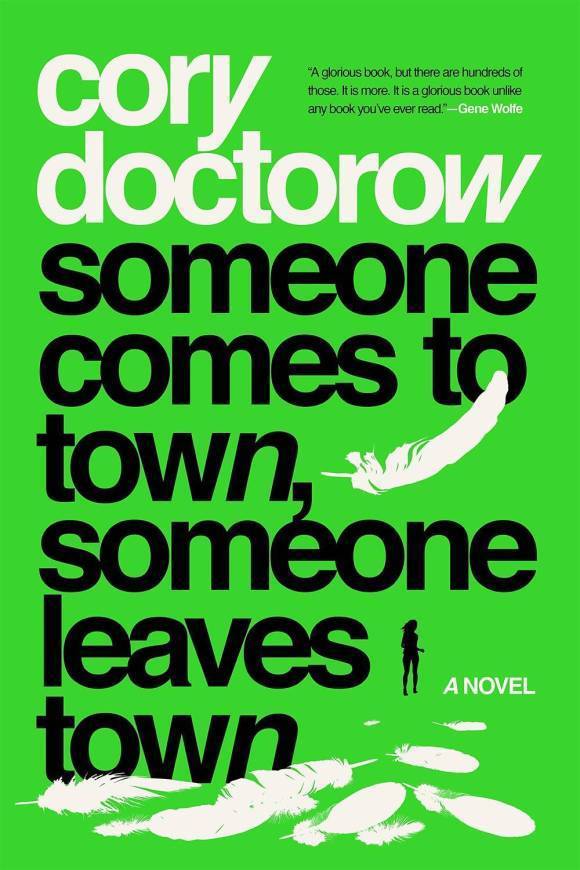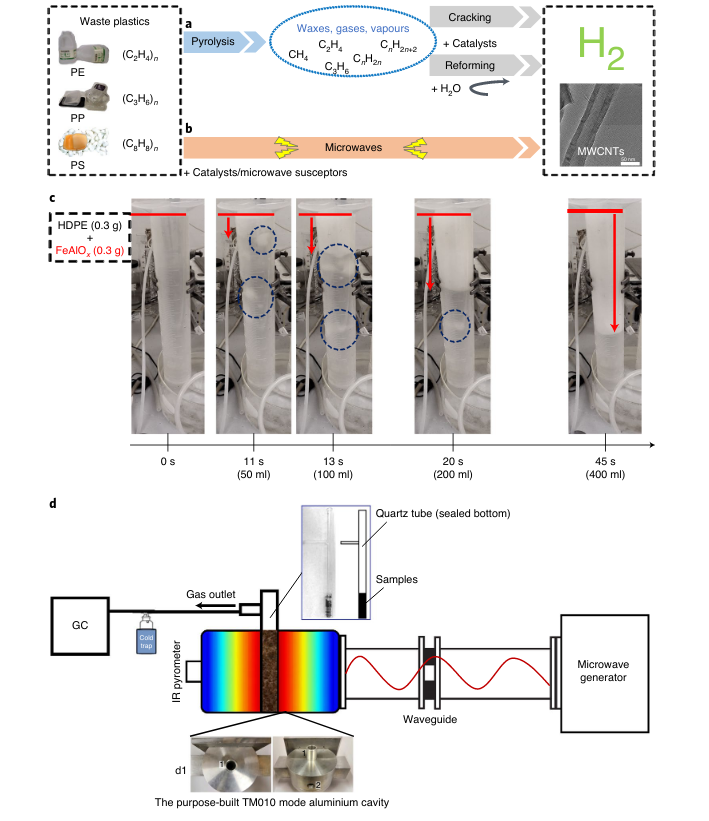
Standardization is an amazing and terrible thing. Standards are easy to appreciate when they benefit you, and when standards aren't present, things get pretty awful, both immediately and enduringly.
1/
1/

Think of Australia's "mixed gauge muddle" - a continent-wide standardization fail in which rail gauges abruptly shift, meaning that cargo and passengers have to be transferred from one car/engine to another.
nrm.org.au/assets/pdfdocs…
2/
nrm.org.au/assets/pdfdocs…
2/
A century and a half on, the muddle still isn't resolved (though there's finally real progress in the form of tearing up and replacing thousands of kilometers of rail) (yowch).
3/
3/
My whole career in tech, first as a founder, and then as an activist, has been spent fighting fuckery in standards orgs, as giant companies seek to enshrine a permanent advantage, at public expense, by subverting standardizaiton.
4/
4/
In fact, as far as I can tell, today may be the 20th anniversary of my first foray into standards-based fuckery!
web.archive.org/web/2000010100…
5/
web.archive.org/web/2000010100…
5/
Twenty years of standards-body meetings has given me a healthy respect for the good work of standardization, and a deep and abiding trauma from standards processes that go awry due to greed, personal hubris, or dysfunctional personalities.
6/
6/
Which is why I laughed aloud and then wept a little when I happened upon this nugget today: Oct 14 is World Standards Day, according to the @IECStandards, @isostandards and @ITU.
gmb.21x2.net/archive/202010…
7/
gmb.21x2.net/archive/202010…
7/
But not according to @ansidotorg, which observes World Standards WEEK, Oct 19-23, along with @nist.
ansi.org/news-and-event…
Oy.
eof/
ansi.org/news-and-event…
Oy.
eof/
• • •
Missing some Tweet in this thread? You can try to
force a refresh








